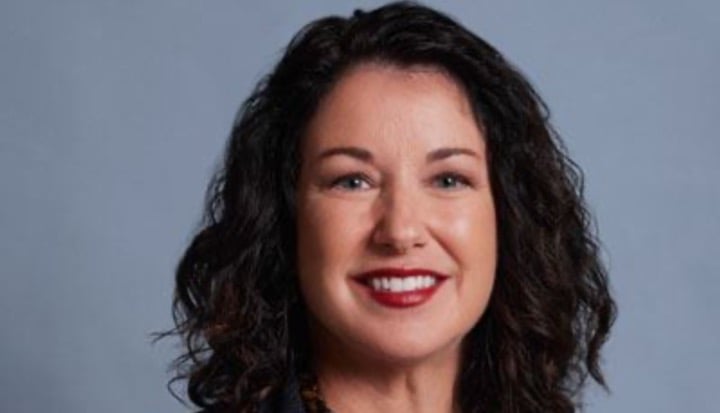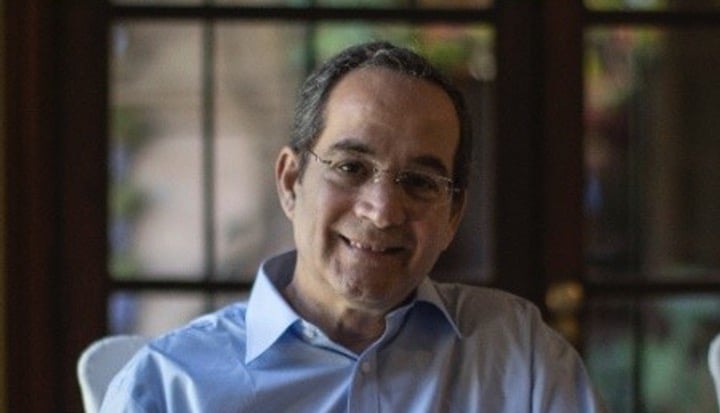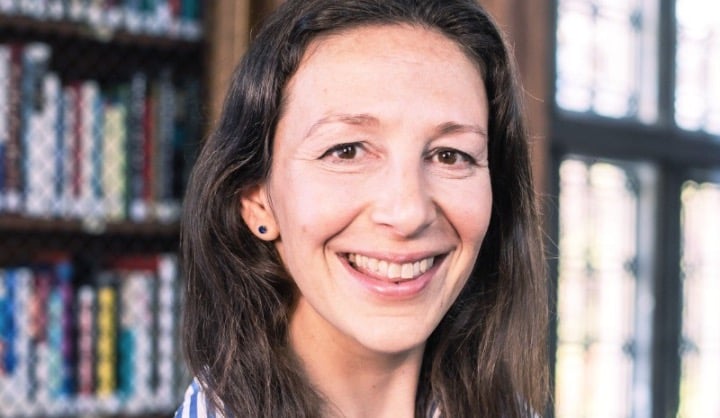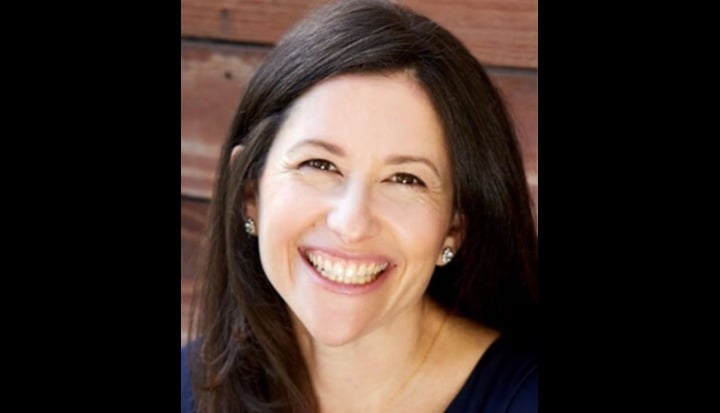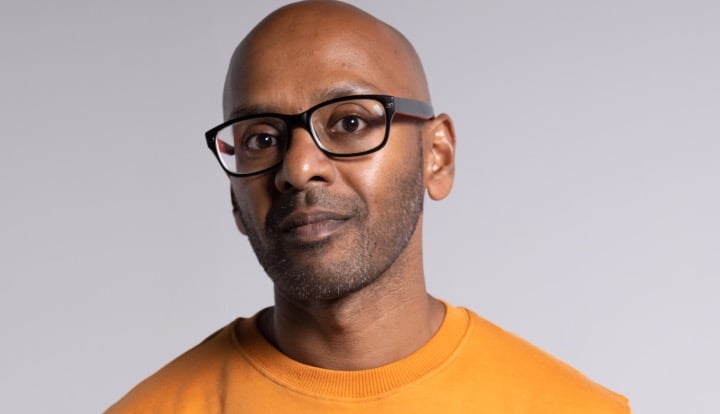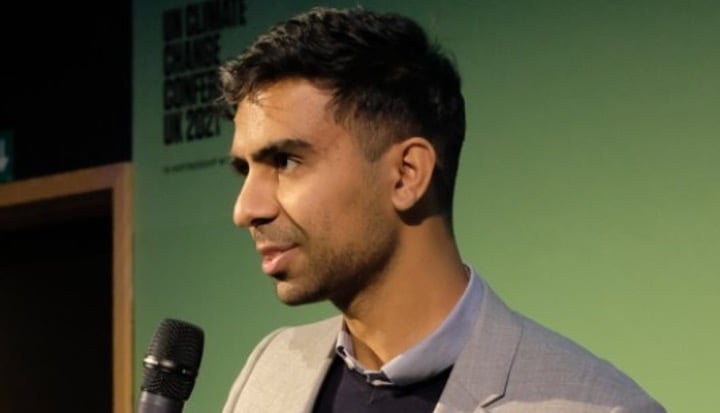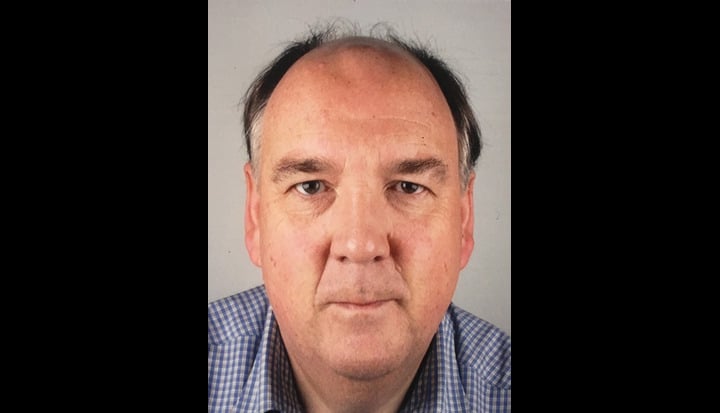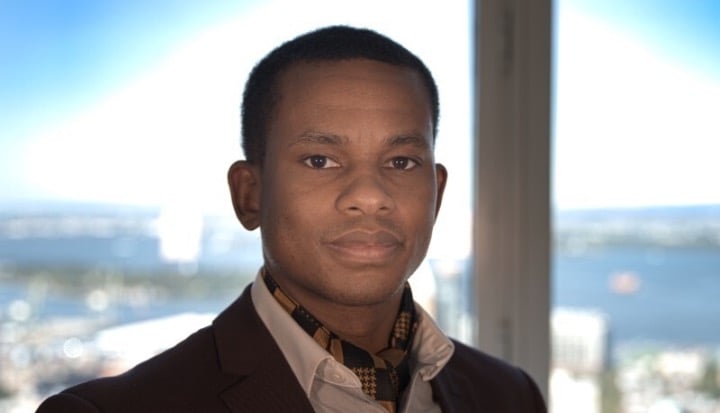BFP: What do you do?
 IH: I run Ethnic Supplies, a social enterprise specialising in textiles, art and crafts from East Africa. Ethnic Supplies sources handmade handicrafts and fashion accessories from local suppliers that support women to be financially independent, or directly from established women’s groups in rural locations, and facilitates access for these products to wider markets. We purchase products from our selected suppliers and then distribute them into international markets through online sales via our web site, as well as identifying other retailers that could carry the products. Based in the UK, we work with women in Kenya, Uganda, Tanzania and Madagascar.
IH: I run Ethnic Supplies, a social enterprise specialising in textiles, art and crafts from East Africa. Ethnic Supplies sources handmade handicrafts and fashion accessories from local suppliers that support women to be financially independent, or directly from established women’s groups in rural locations, and facilitates access for these products to wider markets. We purchase products from our selected suppliers and then distribute them into international markets through online sales via our web site, as well as identifying other retailers that could carry the products. Based in the UK, we work with women in Kenya, Uganda, Tanzania and Madagascar.
I set up Ethnic Supplies after witnessing the extreme poverty in which some women live in my home country, Uganda. Seeing how hard these women were working to lift themselves out of poverty motivated me to find something that I, as an African woman, could do to support them which didn’t involve handouts. I believe in using business as a sustainable alternative to aid – I do not think creating dependency through aid is the best way forward. Based on work I have done in the past here in the UK, and my experience of the effects of the benefit system, I believe that creating access to work and income is by far the more effective route out of poverty. Business provides the opportunity for people to get paid for using the skills they have acquired, and to use this money to buy education, healthcare etc.
BFP: What is the best part about your job?
IH: To meet a woman who tells me that, because of a basket she made and sold to us she was able to put her child in school or put food on the table – that is the greatest reward. But I have also learnt an enormous amount from the women we work with. I have so much admiration for their resourcefulness and wonder if I would have been able to come up with the same coping strategies if I had been in their position.
BFP: What has been your greatest challenge?
IH: This is a very difficult market to access. The competition from India and China is huge – they are able to produce similar products at lower prices because of the high fixed costs in Africa. Even though input materials for these products are often free and labour costs are not high, the lack of infrastructure means that transport costs are very high – sometimes as much as half of landed costs are transport costs. So it becomes very difficult to price products competitively while covering input costs and ensuring a minimum return for our suppliers. Finding the right price point is critical – in my experience, even though more consumers care about ethical sourcing these days and claim to value the hand-made, authentic element of products, they are not necessarily prepared to pay a premium for such products. In the current economic climate things are even tougher than usual.
BFP: What is the best way to overcome these challenges?
IH: I think governments need to invest more in SMEs and make it easy for them to trade competitively. The infrastructure and environment with which business is conducted is critical to minimizing freight costs and production related costs. More or detailed information for consumers might help them make different choices as ultimately there is no such thing as cheap fashion. I am not quite sure how this would work or how realistic it is especially in terms of handicrafts and textile, but it has been suggested that consideration should be given to the protection of intellectual property. The idea is that China and India would not be able to copy designs from Africa and as such pricing the African artisans out of the market
BFP: If someone wants to do what you do, where should they start?
IH: You need to be absolutely sure that this is something you want to do – it requires total commitment. I would suggest that people take the time to really understand the issues, do a lot of reading, spend time in the communities you want to work with, speak to experts and network with other practitioners. A lot of people with very good intentions end up doing more harm than good due to a lack of research and understanding.
BFP: Finally, what do you hope to get out of being part of this community?
IH: BFP provides a great platform to share experiences with others and to learn from one another so that we’re not forever repeating the same mistakes. For me, BFP is a one-stop shop for all the information I need about what people are doing and what they’re discussing, and a great source for collaboration and opportunity. I get a lot out of BFP and would like to try and put a lot into it as well.
Thank you to Ida Horner for taking the time to do this interview. Read her latest blog posts here
We’re always looking out for members to feature. Help us by taking two-minutes to update your profile, or by me****@bu*******************.org" target="_blank">nominating someone for Business Fights Poverty Member of the Week.
This Member of the Week interview was conducted by Hester le Roux, BFP Member Relations Manager. Read previous Member of the Week interviews here.

